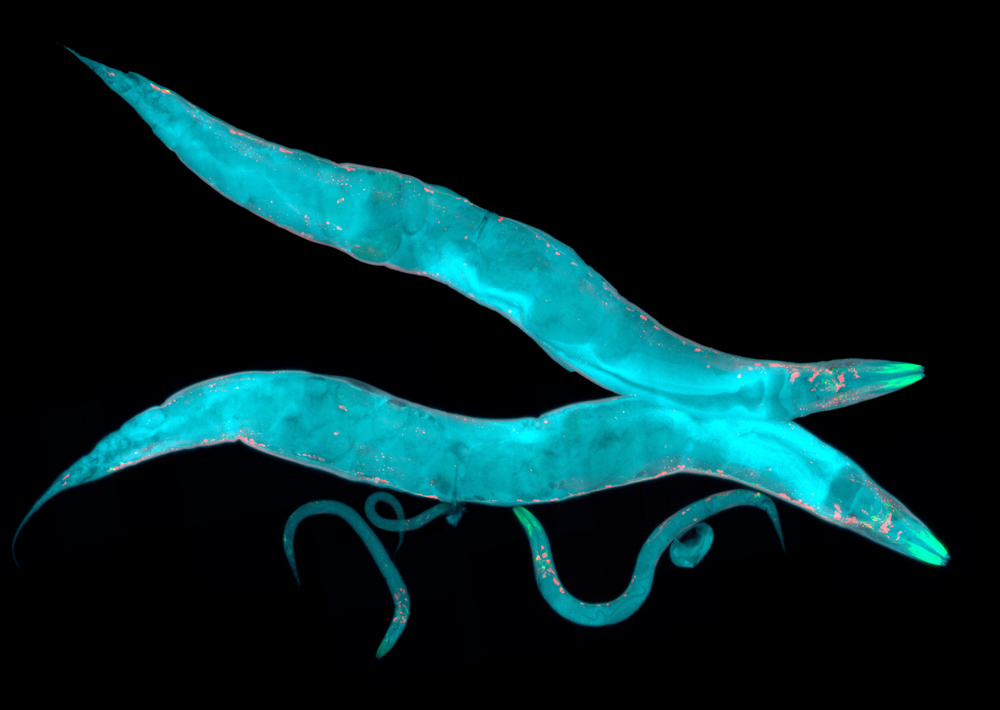UniQure Plans Tests That Could Lead to Clinical Trial of AMT-130 Gene Therapy for Huntington’s
Written by |

Dutch pharmaceutical company uniQure says it plans to conduct preclinical studies leading to clinical testing of a gene therapy in patients with Huntington’s disease.
The company is developing AMT-130, an experimental therapy that aims to block production of the mutated and aggregation-prone huntingtin protein in patients. Composed of a small portion of man-made genetic material called microRNA (miRNA), AMT-130 enters a cell and binds to the messenger molecule carrying the genetic information necessary to produce hunting, marking it for degradation. In effect, it silences the defective huntingtin gene to treat the disease.
AMT-130 uses a recombinant adeno-associated virus vector serotype 5, known as the AAV5, to carry miRNA directly to the brain.
According to a press release, uniQure plans to file an investigational new drug application (IND) with the U.S. Food and Drug Administration this fall, a necessary first step to a patient study. Such IND-enabled studies are pivotal animal or laboratory tests that provide information on a treatment’s pharmacological and toxicological properties.
The company is also working to develop an AAV5-based gene therapy for people with hemophilia B.
In its second-quarter 2017 financial release, uniQure also noted presentations of preclinical data given last May at the American Society of Clinical and Gene Therapy conference in Washington, D.C.
The published study, “MR-guided parenchymal delivery of adeno-associated viral vector serotype 5 in nonhuman primate brain,” recently appeared in the journal Gene Therapy. It showed that AMT-130 was able to deliver its Huntington’s treatment into the brains of primates.
“We had a highly productive second quarter … and we are advancing our Huntington’s disease program into an IND-enabling toxicology study,” said uniQure CEO Matthew Kapusta, whose company plans future presentations of data related to Huntington’s gene therapy.
In addition, uniQure is the only company that uses AAV5, a non-disease-causing virus, to deliver therapies. It has exclusive rights to use the vector to carry treatments to the brain and liver, and is working with Bristol-Myers Squibb to develop and advance gene therapies that might treat cardiovascular disease.


